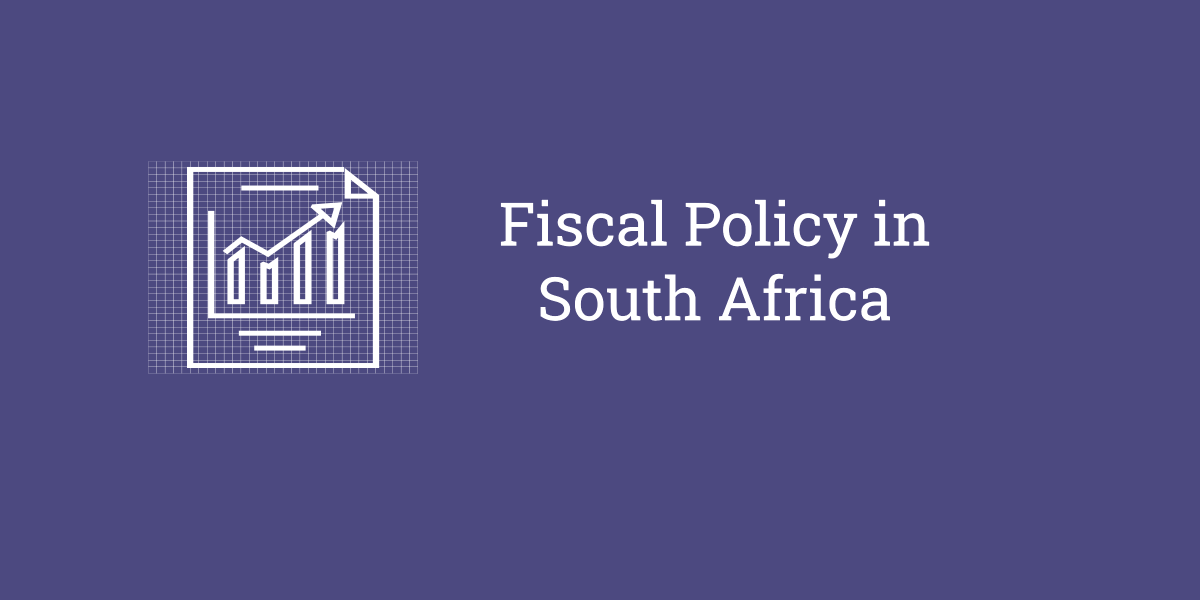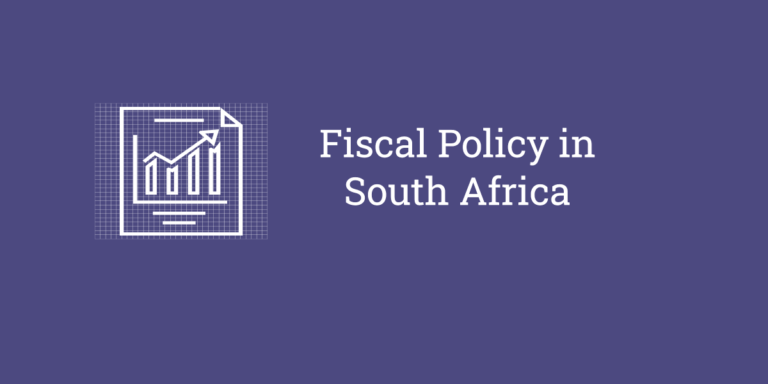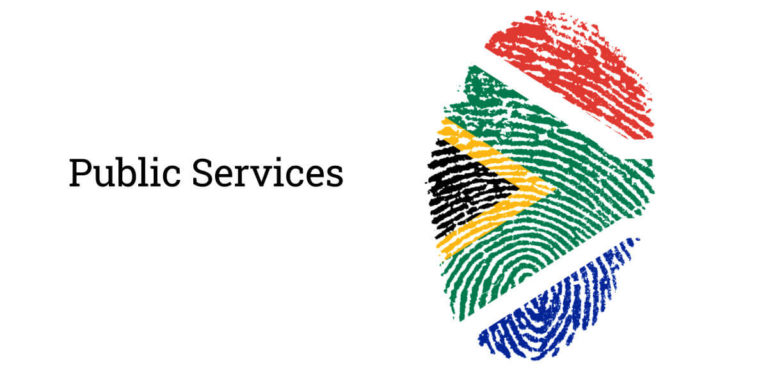Do government departments pay any attention to what the auditor general recommends?
How our government manages its finances is an issue that always stirs up a huge amount of emotions and public debate. Unfortunately, for South Africans, improving public finance management adheres to the adage “one step forward, two steps back.”
Each year, the Auditor-General (AG) conducts an audit of the expenditure of government departments. Despite the fact that few departments receive wholly unqualified audits, there are, as yet, no requirements in place that compel government departments to publicly report on how they will implement the recommendations made by the AG.
Surely if such a requirement were introduced, it would inject transparency, improve accountability and catalyse performance by the South African government.
While public finance management reforms have been effectively implemented, the public perception that high levels of corruption exist in government remains. The 2008 Afrobarometer survey of South Africa reveals that 88,2% of respondents indicated that “some”, “most” and “all” government officials are corrupt. This perception is shared across the traditional divides of race, gender and employment status.
These perceptions sit uncomfortably with significant steps that have been taken to improve access to information about public finance and financial management. The introduction of the Public Finance Management Act and the Municipal Finance Management Act, both provide a strong legislative framework to manage public finances. The requirements of these laws are strict, giving rise to arguments that they are an impediment to development.
Nevertheless, there have been improvements in public finance management since the introduction of these laws. A major improvement has been the quality of accessible budget information. South Africa was amongst the highest-ranking countries in the Open Budget Index (OBI) run by the International Budget Partnership. In its 2008 survey, South Africa ranked second in a comparison of 85 countries, coming in after the United Kingdom in first place, and ahead of France in third place.
However, the details of the OBI documentation for South Africa highlight a key weakness in South Africa’s public management. This weakness is that no formal requirement exists for departments to report on how they would implement recommendations that arise from annual audits. This leaves parliament, especially the Standing Committee on Public Accounts, without the necessary information to track the usage and management of public finances.
How deep is the problem? One measure that provides a signpost is statistics compiled by the AG on audit outcomes. In the 2008/09 financial year, only 26,1% of government departments and entities received an unqualified audit, with no ‘other matters’. The bulk of departments and entities (54,9%) received an unqualified financial audit, but the AG raised ‘other matters’. These matters include raising warnings that improvements are needed to ensure continued good financial management. However, the remaining 13.9% received a qualified audit, and the remaining 5.1% have either an adverse finding or a disclaimer from the AG.
The deeper problem is that audit outcomes are more or less the same as those achieved five years ago. In other words, the impact of the first round of public finance management reforms has led to improvements in audit outcomes. However, moving from just over 25% “clean audits” to 80% will require new interventions, and stronger mechanisms. One could even be more specific by setting the target that of the 54,9% (that have unqualified financial audits, but have other matters to attend to) at least half should move to a “clean audit” within two financial years. Such a reform would focus attention on so-called “serial offenders”, as some government institutions consistently receive qualified audits.
In this regard, the oversight role of parliament would be strengthened by a requirement for annual reports by departments, detailing how their financial management systems would be strengthened. This would also break the feature of parliamentary hearings constantly being postponed due to departments not having available information at hand.
Such a reform would not only deepen democracy by strengthening parliamentary support, but would also provide the necessary information to enable advocacy and lobbying groups to ask tough questions of departments and develop policy alternatives. Whilst civil society organisations do not have the capacity to monitor every departmental budget, in areas such as social security, housing and land, there are already a strong set of organisations and programmes in place. Providing information about how departments are implementing the AG’s recommendations would strengthen civil society advocacy and lobbying. This is particularly important at provincial and local government levels, where the most rapid improvements in public finance management are needed, and civil society advocacy programmes are struggling with access to reliable information on this front. By providing an annual action plan to respond to audit recommendations, smaller civil society organisations would be able to engage more easily with departments and politicians.
Civil society is not alone. Provincial members of parliament and councillors struggle as well to receive clear, concise and consistent reports that track departmental budgets. A report focussed on implementing the AG’s recommendations would introduce an annual and iterative process for parliamentary committees to track compliance, evaluate performance and strengthen recommendations.
Resistance to yet another requirement for reporting is likely to emerge from within government departments, who could justifiably complain about “report fatigue.” However, the majority of reports produced by government departments and entities are promotional in nature and are superfluous to ensuring effective implementation of departmental plans. Introducing a public report on responding to the AG’s recommendations would provide more useful information, both to the public and in support of the reporting department. It should focus both on the management of financial and non-financial matters. In doing this, it would strengthen the hand of managers to introduce a culture of compliance with the requirements of the Public Finance Management Act, and equivalent legislation at municipal levels.
Such a mechanism would provide crucial input into performance management contracts that senior managers need to develop as part of their conditions of employment, and would also provide a supporting mechanism to track spending outside of head offices.
More importantly, it would strengthen the hand of managers outside of head offices (for example, schools and health districts). Quicker reforms and greater accountability from “head offices” is much needed to make frontline delivery work. Yet, head offices are notoriously slow in providing support services for information technology and the processing of payments. In this regard, the requirement for reporting on the AG’s recommendations, in itself would not ensure, but improve the prospects of implementation.
Given the significant improvements that are required, it can be argued that a more integrated approach is required. The problem with such approaches is that it leads to inertia with no one certain about where to intervene within the process. In contrast, using reports on how government departments intend to fulfil requirements for clean audits would provide a transparent starting point for instituting a new round of public finance reform interventions. It would allow us to ensure that the public service is not taking ‘one step forward and two steps back’. In a sense, it has the potential to catalyse continued improvements in public finance management.
This article was first published under creative commons license on South African Civil Society Information Service website.


